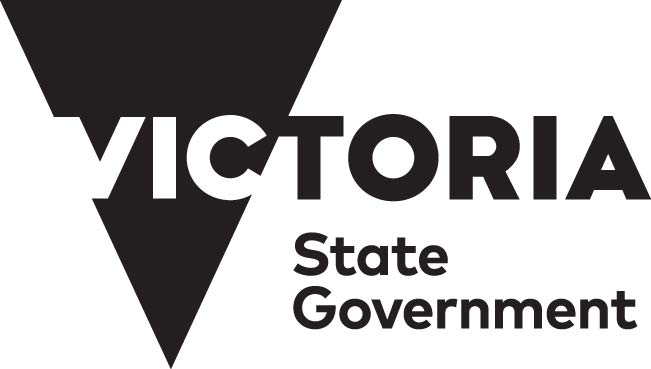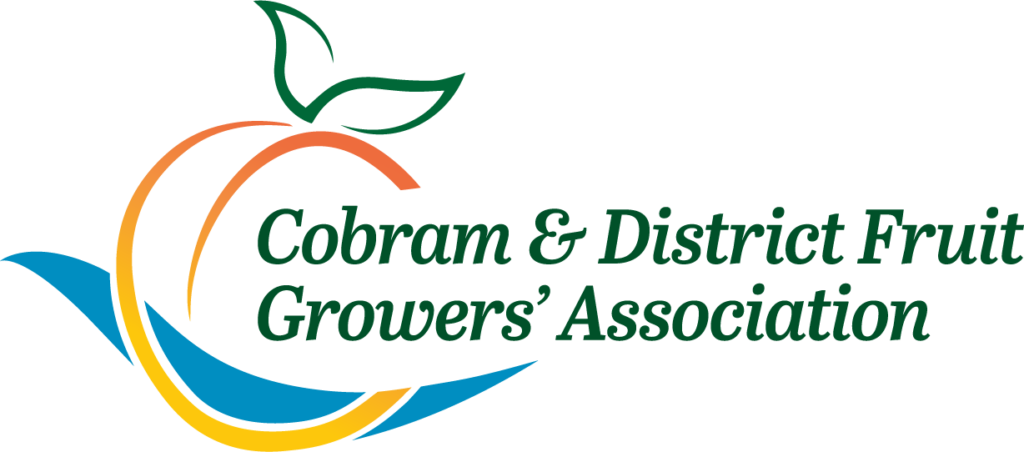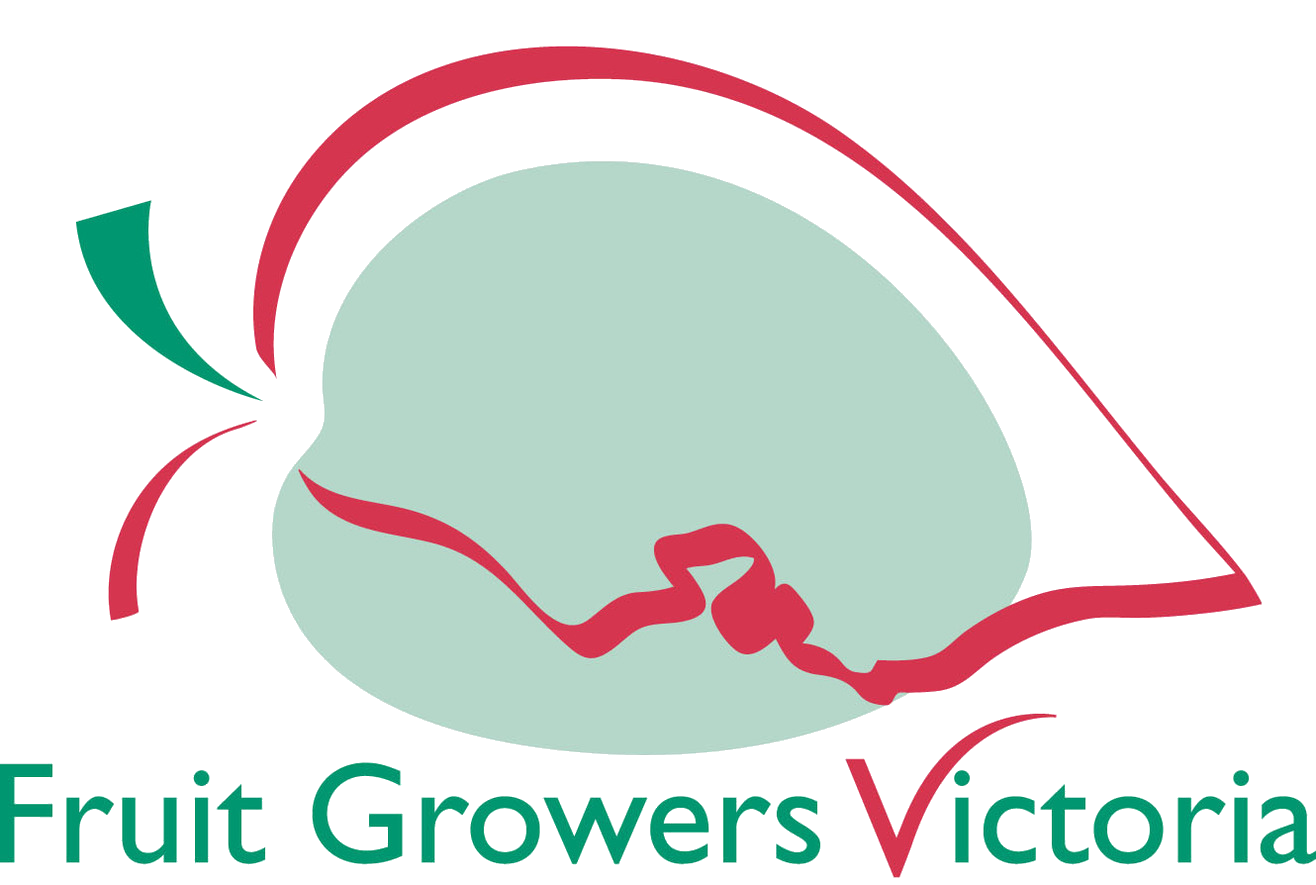FAQ
Frequently Asked Questions
Roles on-farm for harvest season can include:
- Picking of fruit
- Thinning of trees
- Machinery operation such as tractor driving
- Packing of fruit in the pack house
Working hours may vary and can start as early as 6.30 am when it’s warmer and may finish by 2 pm to 5 pm depending on the farm and weather.
You will be up and down ladders, bending and picking fruit so it will be physically demanding and you will be working outdoors.
Month | Variety | Harvest Time |
Late November | Apricots | Last week November to 1st week December |
December | Cherries / Nectarines | 2nd week December to 1st week January |
December | Apricots | Christmas time |
January | Nectarines / Peaches / Plums | Most of January into February |
February | All pears | All of February into 2nd week March |
February | Apples (Gala and early varieties) | 2nd week February to start of March |
March | Apples (Granny Smith) | End of March into April |
April | Apples (Pink Lady) | All of April up to 2nd week May |
May | Late Apples | May / June |
No experience needed apart from being physically healthy, fit and reliable, as well as having a willingness to learn and a great attitude! If you ware wanting to start a longer term career in the industry, there are opportunities that require some level of training such as driving tractors, etc. Your employer will let you know what is needed and most growers are willing to train people in new skills.
If you require assistance with transport and accommodation please see the ‘Further information and financial support’ section below.
Picking is an outdoors role and is dependent on the weather requiring some flexibility.
What types of jobs are available?
Roles on-farm for harvest season can include:
- Picking of fruit
- Thinning of trees
- Machinery operation such as tractor driving
- Packing of fruit in the pack house
Picking: What will I be doing? What is a typical day?
Working hours may vary and can start as early as 6.30 am when it’s warmer and may finish by 2 pm to 5 pm depending on the farm and weather.
You will be up and down ladders, bending and picking fruit so it will be physically demanding and you will be working outdoors.
When will there be work?
The harvest periods for the Shepparton region are as below:
Month | Variety | Harvest Time |
Late November | Apricots | Last week November to 1st week December |
December | Cherries / Nectarines | 2nd week December to 1st week January |
December | Apricots | Christmas time |
January | Nectarines / Peaches / Plums | Most of January into February |
February | All pears | All of February into 2nd week March |
February | Apples (Gala and early varieties) | 2nd week February to start of March |
March | Apples (Granny Smith) | End of March into April |
April | Apples (Pink Lady) | All of April up to 2nd week May |
May | Late Apples | May / June |
Do I need any experience?
No experience needed apart from being physically healthy, fit and reliable, as well as having a willingness to learn and a great attitude! If you ware wanting to start a longer term career in the industry, there are opportunities that require some level of training such as driving tractors, etc. Your employer will let you know what is needed and most growers are willing to train people in new skills.
If you require assistance with transport and accommodation please see the ‘Government Support’ section of this webpage.
Picking is an outdoors role and is dependent on the weather requiring some flexibility.
Where can I stay? How will I get to work if I’m relocating?
Some farms provide accommodation on site and some charge a fee. Greater Shepparton has a wide range of accommodation options. See ‘Further information and financial support’ regarding relocation and accommodation assistance available.
Most farms are located within a 20-30 minute drive to Greater Shepparton Town Centre, some are as little as five minutes.
The Department of Health and Human Services have been working closely with industry and accommodation providers in the region to ensure COVID Safe accommodation is available to workers.
There is limited public transport available to farms. Some accommodation providers can assist with travel to and from farms. Please check with them individually.
What are farmers doing about COVID-19?
All horticulture businesses are required to have a high-risk COVID Safe plan in place.
The plan details how the business will meet the key requirements of physical distancing and hygiene practices such as making hand sanitiser or hand washing facilities available and displaying information about COVID-19 compliance requirements.
Please visit the Victorian Coronavirus website for more information.
Am I eligible to work?
You can join the seasonal workforce if you:
- Are an Australian citizen or permanent resident
- Are an eligible working holiday maker holding a visa with appropriate working rights
- Are an overseas student with working rights in Australia
- Hold a Seasonal Worker Program or Pacific Labour Scheme visa
- Hold a temporary work visa with general work rights, not restricted to an employer or type of work.
How do I get paid?
Most seasonal horticulture workers are hired under the Australian Government’s Horticulture Award. The award outlines minimum pay rates and other entitlements like leave and overtime.
The award also covers workers hired through labour hire providers.
Workers can earn an hourly wage or a piecework rate.
Visit the Fair Work Ombudsman pay calculator for more information.
Piece rates
A piecework rate is where a worker earns money based on the amount they have picked, packed, pruned or made.
Instead of the hours worked, an employer pays the worker for the number of kilograms or bins of produce they pick.
Visit the Fair Work Ombudsman’s How to use piecework agreements page for more information.
Facts about working outdoors
Doing harvest work means you will need to be prepared for all kinds of weather. Most picking is done in summer when the weather is hot. In some areas, the climate can be very humid. Make sure you have the right clothing and sunscreen to avoid sunburn or sunstroke, and plenty of water to avoid dehydration.
Read more about:
Insects and spiders
Harvest work may put you in contact with some of Australia’s more harmful insects and spiders. It pays to be aware of which ones can bite or sting you. Some can be poisonous and cause severe allergic reactions or life threatening side effects if you’re bitten.
Be prepared by knowing how to prevent insect bites and stings and some basic first aid.
What to bring
Some Australian harvest areas are remote and it can be hard to buy personal items or meals. You will need to confirm with your harvest employer or HTS provider what you should bring. This may include:
- personal protective equipment
- hat and sunglasses
- long-sleeved shirts
- sturdy, closed-in shoes
- sunscreen
- food and lots of water
- personal products (for example medications, toiletries and other personal hygiene items)
Can I travel?
If you are travelling to a fruit growing area and
- You live in Victoria, be aware of travel restrictions by checking here: COVIDSafe travel in Victoria | Coronavirus Victoria
- You are from outside Victoria and wish to travel to Victoria to pick or pack fruit, check current border restrictions here: Travel updates | Coronavirus Victoria
Do I have to be vaccinated for COVID-19?
All agriculture workers working in Victoria are required to have their first COVID-19 vaccination dose by 15 October 2021. You must have your second dose of the COVID-19 vaccination by the 26 November 2021.






